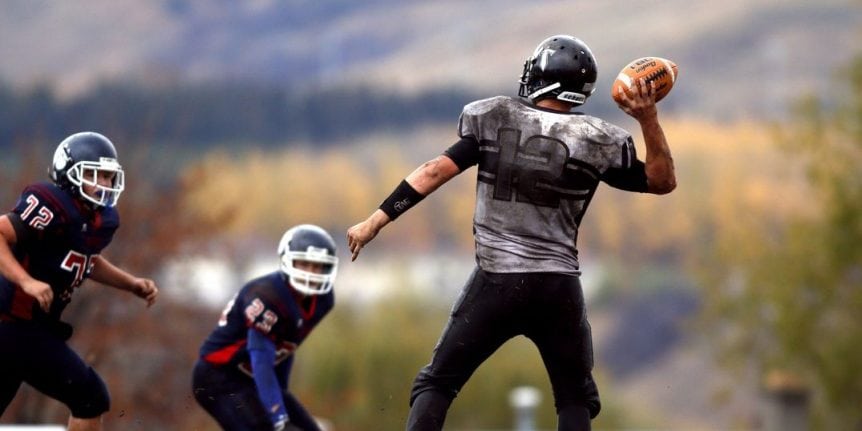In my six years of recruiting experience, as well as going through the recruiting process myself, I learned that starting the process earlier rather than later is extremely important. My recruiting experience would have gone a lot differently if I started earlier.
During the spring of my junior year I started receiving a lot of letters and questionnaires from different football programs. At that time, I thought receiving these letters meant I was getting recruited by college coaches. I never responded to any of them because I assumed coaches would start calling me next. I was wrong. By winter of my senior year, not one coach had called. I knew that I needed to do something fast if I was going to play football on Saturday’s.
My family and I began calling some west coast colleges and quickly planned some visits. After attending four visits and speaking with a handful of coaches, I found out their recruiting classes were already full. I ended up walking on to the University of Nevada after the head coach there offered me a roster spot. After spending some time there, I transferred to Willamette University in Oregon, where I started three full seasons and earned my bachelor’s degree. I was lucky to continue playing football after waiting so long to start the recruiting process. Unfortunately, I see a lot of families continue to make the same mistake I made.
As a scout, I often hear families think recruiting does not start until junior year. In some cases, I even hear that families think recruiting starts senior year. This is the number one misconception about collegiate recruiting – which can ultimately cost your child his or her spot on a roster. College coaches can start sending basic recruiting information on the first day of classes freshman year. Student-athletes can start checking out colleges and athletic programs they are interested them. Starting early allows time to explore colleges and find the right fit, rather than waiting until the very end and settling (like I did). You can take visits to more colleges, attend camps and combines, and most importantly — start building relationships with college coaches. An advantage of talking with coaches earlier is the time it allows them to get to know you and see you develop as a student-athlete.
My personal recruiting experience is why I am a scout today, and why I continue to help student-athletes get recruited. My experience would have been much different if I had the proper guidance as a freshman or sophomore. Young student-athletes, and their families, need to take “waiting” out of their recruiting vocabulary. Our mission is to educate families on the benefits of starting the recruiting process early, and make it easier to access college coaches all over the country. Student-athletes no longer should limit themselves based on their geographical location.
Contributor: Logan Lord

